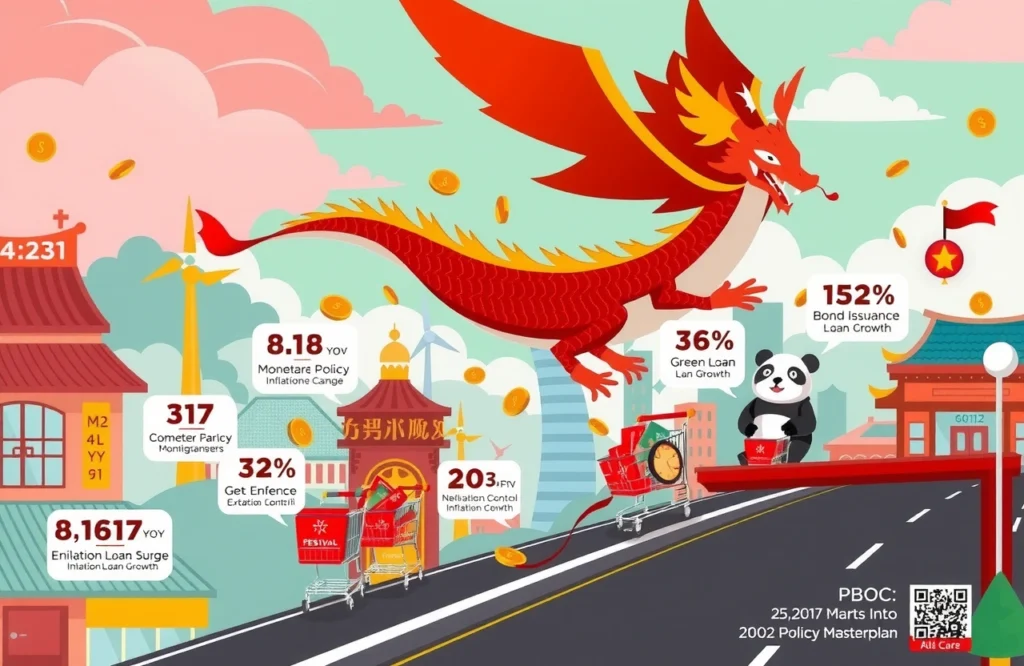The Succession Crisis Unfolds
Wahaha Group, China’s iconic beverage empire, faces an unprecedented leadership crisis as legal battles erupt over the estate of founder Zong Qinghou (宗庆后). His daughter and heir apparent Zong Fuli (宗馥莉), appointed chairwoman just months ago, fights challenges to her authority from unexpected fronts. Three individuals claiming to be Zong Qinghou’s offspring have sued in Hong Kong over an alleged $21 billion trust fund, while domestic governance challenges mount simultaneously. This Wahaha inheritance battle goes beyond family squabbles, threatening the stability of an enterprise boasting 70,000 employees and $7 billion annual revenue. With shareholders questioning leadership decisions and employee disputes surfacing, what began as a planned succession now veers toward corporate chaos.
Summary: Wahaha Inheritance Crisis
- The $21 billion trust dispute challenges Zong Fuli’s inheritance legitimacy
- Half-siblings allege unauthorized asset transfer from Hong Kong accounts
- Du Jianying’s (杜建英) shadow network controls key manufacturing assets
- Employee lawsuits compound Zong Fuli’s governance challenges
- IPO ambitions stall amid intensifying Wahaha inheritance battle
The $21 Billion Trust Controversy
At the heart of the Wahaha inheritance battle is a disputed offshore trust established at HSBC Hong Kong. Plaintiffs Jacky Zong Jichang (宗继昌), Jessie Zong Jieli (宗婕莉), and Jerry Zong Jisheng (宗继盛) claim Zong Qinghou established the arrangement in 2003, promising them $7 billion each funded through Wahaha dividends. Their Hong Kong lawsuit alleges improper fund transfers orchestrated by Zong Fuli. Accounting documents show $110 million already redirected from the $18 billion fund.
Legal Fault Lines
The case highlights significant vulnerabilities in Chinese estate planning methodologies. Legal experts cite three critical weaknesses:
- The trust was established indirectly through proxies rather than Zong Qinghou’s direct authorization
- Funding depended on future dividends – revenue never fully materialized in trust accounts
- Beneficiaries lack documented acknowledgment as legal heirs beyond verbal agreements
Zong Fuli’s legal team counters with a conflicting Hangzhou will excluding other claimants. They cite Hong Kong Trust Law Section 8 requiring written documentation absent in this arrangement.
The Hidden Power Player
Behind the plaintiffs emerges Du Jianying (杜建英), former Wahaha vice-chairperson labeled the company’s “shadow CEO.” Once Zong Qinghou’s most trusted lieutenant, this Unilever-trained executive developed the company’s international distribution channels before founding Sanjie Investment Group. Corporate filings reveal Du’s control over Wahaha’s local manufacturing through complex ownership structures:
| Factory Location | Du Jianying Ownership | Operational Status |
|---|---|---|
| Shenzhen Wahaha Rongtai | 40% via Guangyuan Jixin | Closed 2024 |
| Shaanxi Wahaha Dairy | Board Directorship | Operational |
| Xuzhou Beverages | 62% via Hong’an Yongsheng | Closed 2024 |
Family Entanglements
More intriguingly, corporate registries show Zong Qinghou’s sister Zong Rui briefly held Sanjie shares. Meanwhile, Du’s children occupy executive positions across Wahaha’s satellite ventures. This parallel corporate structure constitutes a shadow power center beyond Zong Fuli’s control, potentially explaining why 14 provincial factories closed during her tenure. Each closure strategically consolidated Du-associated assets.
Internal Governance Challenges
As the Wahaha inheritance battle plays out in courts, Zong Fuli contends with mounting internal dissent. Five months after assuming control, she temporarily resigned following shareholder confidence votes questioning her management capacity. Employee unrest compounded leadership instability:
- Labor disputes erupted over canceled “dry share” dividends affecting thousands
- 50+ employees filed lawsuits protesting compensation modifications
- 700 workers threatened collective action before union interventions
Controversially, Zong Fuli mandated transferring employment contracts from Wahaha Group to Hongsheng Beverage – her personal business vehicle controlling key production hubs. This diversification strategy now appears as both power consolidation tactic and succession vulnerability.
Business Implications
Wahaha’s marketplace position deteriorates amid leadership instability. Bottled water market share fell to 15% compared to Nongfu Spring’s 48% dominance according to China Beverage Industry Association tracking. The succession uncertainty threatens three critical business transitions:
IPO Journey Stalled
Zong Fuli’s decade-long push for public listing faces new hurdles amid legal uncertainty. Wahaha’s ownership structure complicates investor relations:
- 46% government ownership via Hangzhou State-Owned Assets Supervision
- 29.4% disputed Zong estate shares controlled temporarily by Zong Fuli
- 24.6% employee stock ownership plan requiring complex restructuring
Chinese regulators typically suspend IPO approvals during major shareholder disputes. Delayed listing hampers $350 million proposed supply chain modernization.
Brand Legacy Damage
Zong Qinghou cultivated public perception as China’s “cloth shoe billionaire” – thrifty, humble, and family-oriented. His philanthropic foundation donated over $100 million annually to education projects. The current public feud threatens generations of goodwill, particularly concerning:
- Millennial consumers shifting toward socially conscious brands
- Government relations requiring stability demonstrations
- International partners reconsidering contractual commitments
Legal Landscape Assessment
Hong Kong’s Court of First Instance postponed rulings awaiting mainland Chinese court decisions regarding inheritance rights. Legal experts anticipate protracted proceedings analyzing:
Cross-Border Complexity
The Wahaha inheritance battle represents classic offshore/domestic jurisdictional conflict. Hong Kong courts prioritize testamentary documents while mainland courts consider familial obligations under China’s Inheritance Law Articles 5-10. Outcome variables include:
- Hong Kong trust law precedence for undocumented arrangements
- Chinese court recognition of non-marital children inheritance rights
- International treaty enforcement mechanisms
The delayed settlements benefit Zong Fuli strategically – prolonged management continuity potentially strengthens her de facto authority regardless of final rulings.
The Future of China’s Beverage Empire
The Wahaha inheritance battle demonstrates generational turbulence among Chinese private enterprises founded during the Deng era economic reforms. Succession planning failures potentially jeopardize strategic initiatives:
- Modernization demands $500 million AI-production investments
- International expansion trails rivals in Southeast Asian markets
- Product innovation pipeline requires venture capital partnerships
As courtroom debates continue, stakeholders face urgent questions about corporate governance protocols. When family interests dominate corporate structure, shareholder value often suffers collateral damage in succession conflicts. Wahaha must institutionalize decision-making beyond bloodline authority to preserve its legacy.
The Wahaha inheritance battle outcome will prove consequential beyond sugary drinks – it serves as an ongoing stress test for China’s private enterprise transitional models. Investors should monitor Hangzhou court announcements signaling resolution approaches, where governance reforms must emerge from troubled waters.




